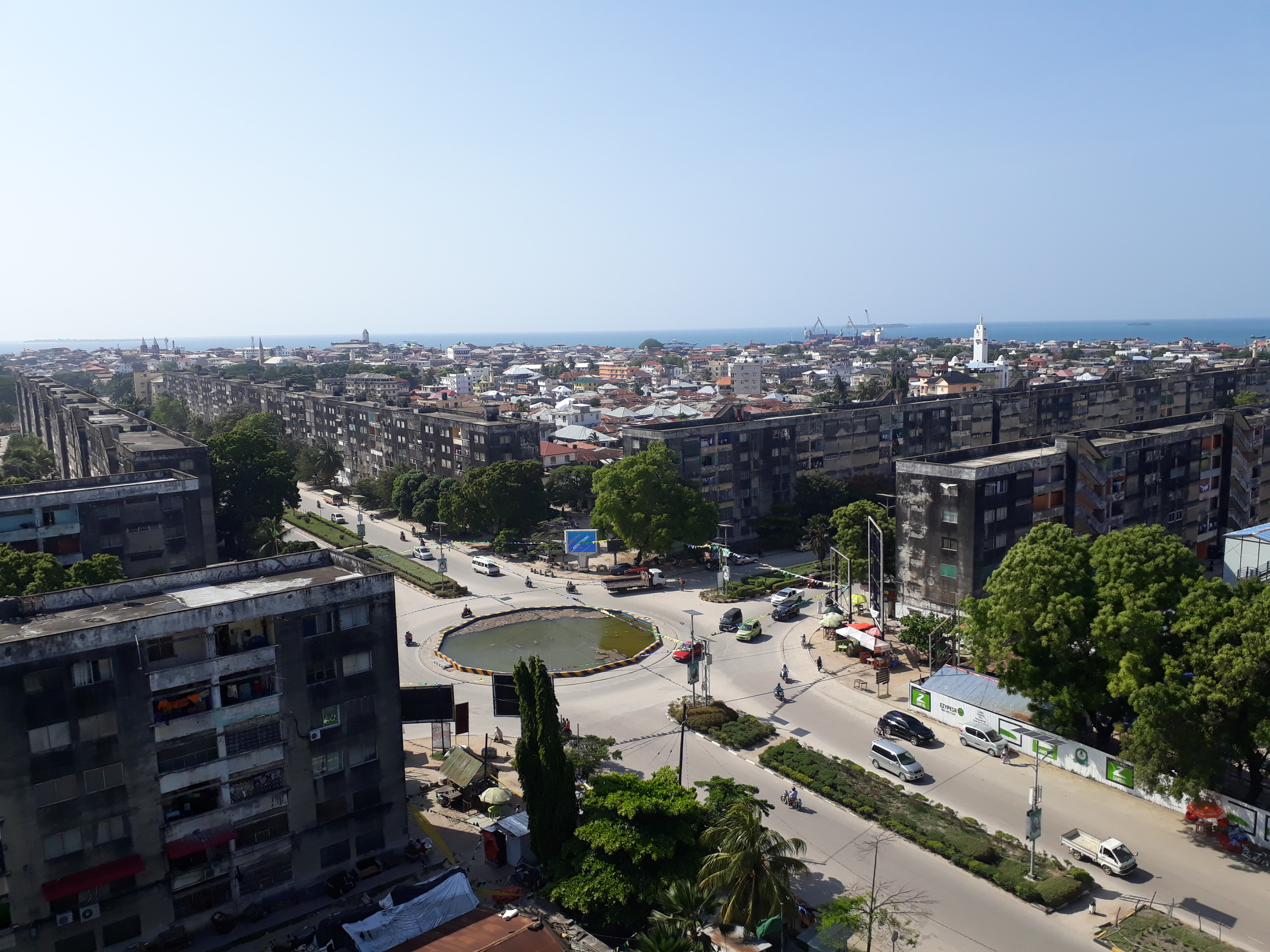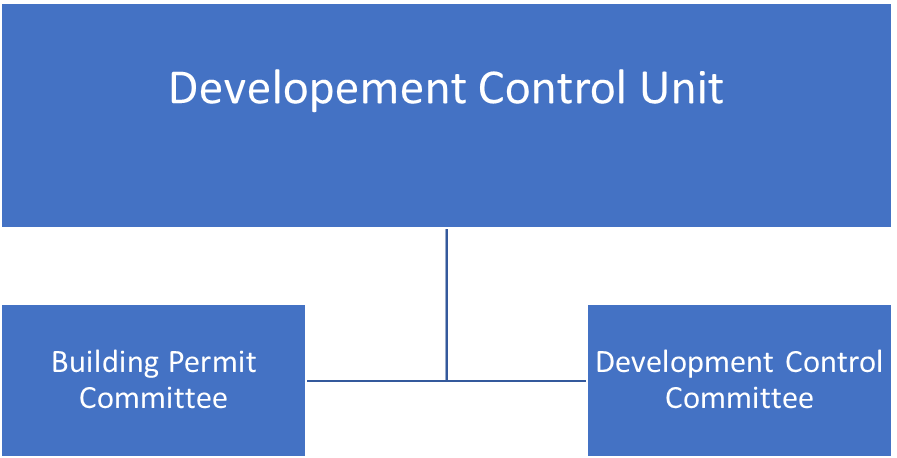DCU BACKGROUND
The history shows that controlling the construction and management of building was a matter that was given the most importance in Zanzibar. Various laws, Rules, regulations and guidelines were put in place to manage the issues of construction and the efficient use of land in general. Since the colonial era there have been many laws and regulations relating to construction issues, specifically for overseas areas where it was further developed.The three main laws that gave the construction guidelines were the Towns Act (Cap 79 of 1929); The Small Cities Act (Cap 80 of 1944) and the Town and Village Planning Act (Cap 85 of 1955). The implementation of the law was highly dependent on the local government system in existence at that time.
In fact, the entire administrative system in Zanzibar changed after the Revolution 1964. In 1968, the government dropped the existing local government system. In setting a good system, the revolutionary government began to amend some of the laws, which they did not qualify for. and develop new laws as well as the cancellation of some institutions. This initiative posed a challenge in terms of management and construction management in Zanzibar especially in urban areas. The deletion of those institutions resulted in the laws and regulations that existed under the laws, namely Cap 79,80 & 85, remain without effective regulatory bodies. The move led to the construction department under the Ministry of Technical , Roads and Telephone being the custodian of issuing of building permits.
Further challenges occurred in 1986, after the establishment of law number 3 of the Local Government District and Urban Authorities-Act, No. 3 of 1986. The new law removed the old laws regarding the management of small cities and construction regulations (Township Decree Cap 80 & Building Regulation Cap.79). To a great extent those two laws particularly Cap.79 were the guiding laws for all construction activities in the country.
The Act of 1929 (Cap 79),was the one created the Joint Building Authority -JBA a body that oversees all construction permits for all types of construction work in Zanzibar, the regulations of the Law also set penalties for all those who violated construction procedures. In addition, the Urban Planning Act and villages Chapter 85 of the year 1955 as well as the urban and construction regulations were the key monitor of appropriate land use and management in the country.
In the opinion of many, the law that was supposed to be amended was Cap.80 and some clauses of Cap.79. The new District and Town Authorities Act of 1986 was a replacement for Cap.80 and not Cap.79. In that sense since 1986, Zanzibar did not have a legally recognized construction guidance, although Act No.3 of 1986 attempted to carry some of the clauses of Cap 79 of 1929. The situation became a source of arbitrary construction in cities and villages since there was no legal entity to oversee and control the construction. Apart from the legal challenges the issue of arbitrary construction was also contributed by the lack of good shelter, population growth, and non-implementation of Master Plans. In 1986, two new laws were enacted on the Municipal Councils (Municipal and Town Councils). These rules completely abolished the concept of Urban Authority contained in Act No. 3 of 1986. Following those challenges the legal basis for construction and building issues gradually disappeared. To bridge the gap, in 1998 the Government introduced a temporary regulatory body called the Urban Development Control Authorization (UDCA) as a substitute for the JBA. In addition, the UDCA body was developed under the Urban Planning Act (Cap 856 (1955)). From 1998, the building control issue was administered by the UDCA, but the UDCA also faced various challenges and was unable to perform its functions as expected.After all, UDCA was active only in urban areas, particularly Zanzibar Municipality and Chake Chake.
When the District and Cities Act of 1986 was repealed by the enactment of Laws No. 3 and 4 of 1995, the establishment of Municipal Councils, Town Councils and District Councils did not take into account the restoration of construction regulatory in their authorities. A review of these laws in 2014 could not bridge the gap left by the 1926 Act, Cap 79.
As a result of the challenges that occurred from 1968 to 2015, and in order to strengthen the implementation of Land Use Plans in the Town and Villages in Unguja and Pemba (NSDS, Master Plans & Local Area Plans), the Government decided to establish a new Development Control Unit (DCU).
MISSION OF THE DCU

Is To Increase development control through effective, transparent and participatory system of sustainable land use in Zanzibar
- Urban Municipal Council
- District Council -North-A District
EXTERNAL LINKS
Copyright ©2024 DCU

